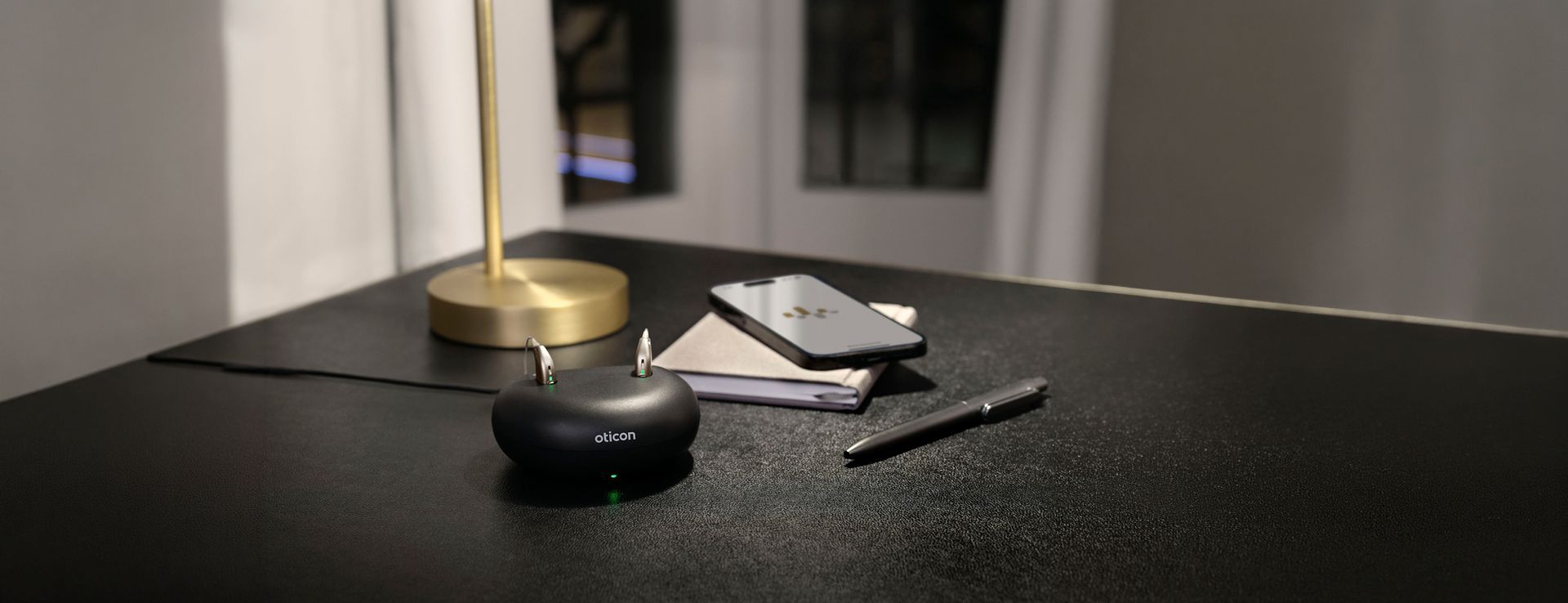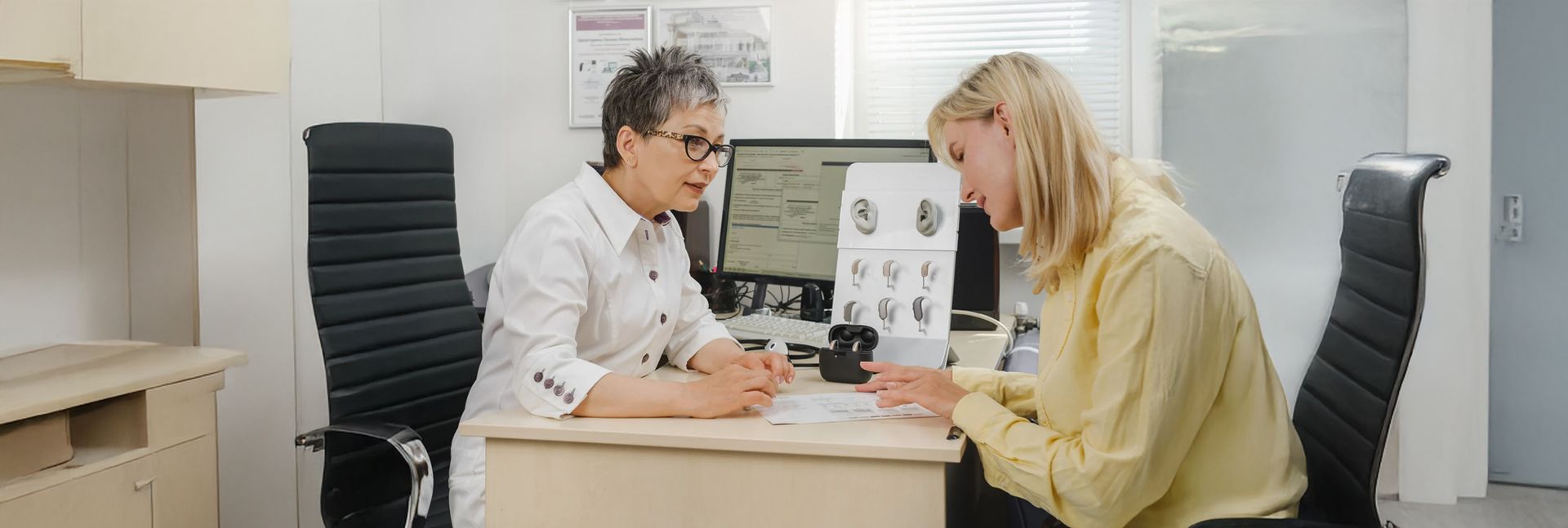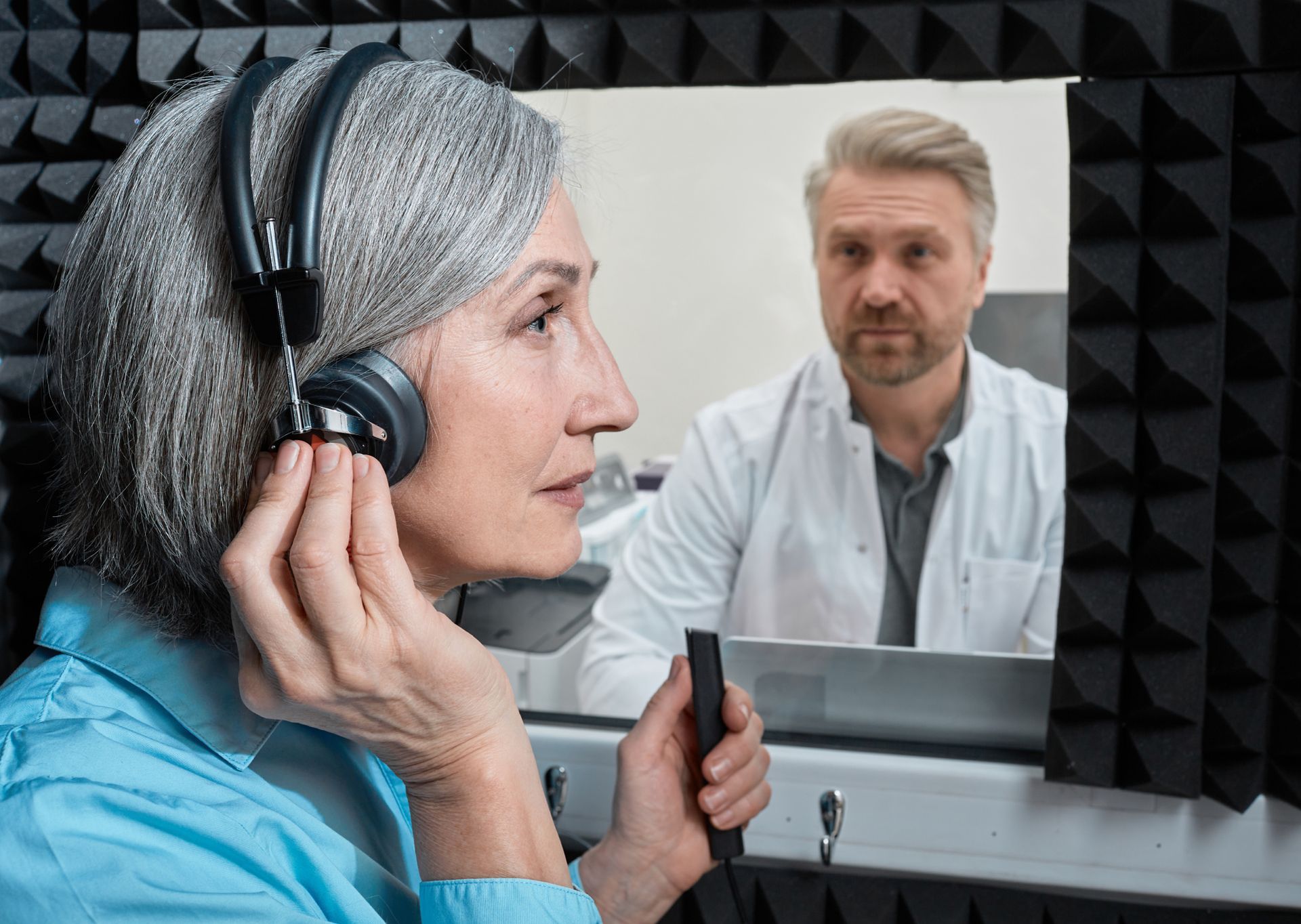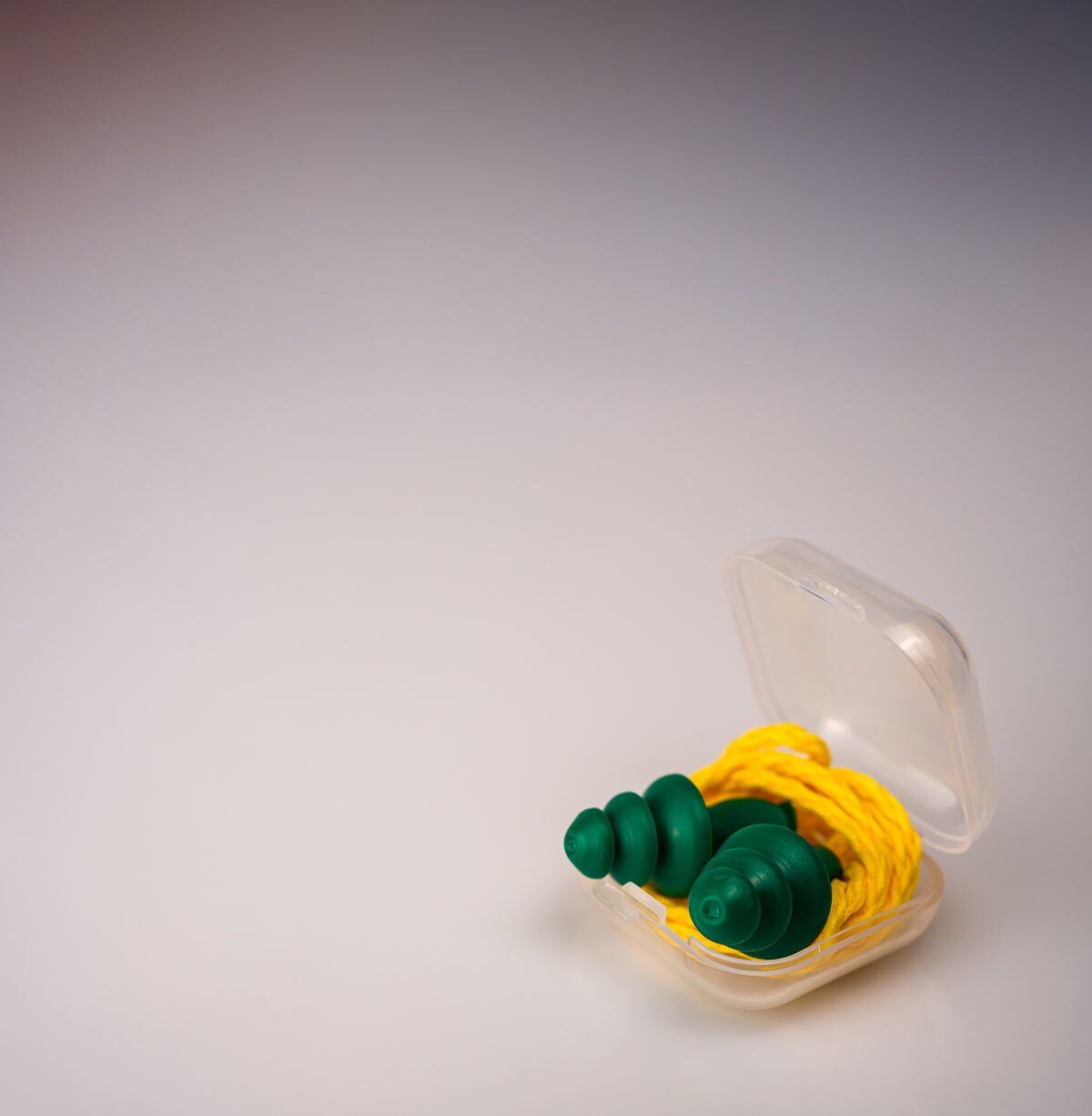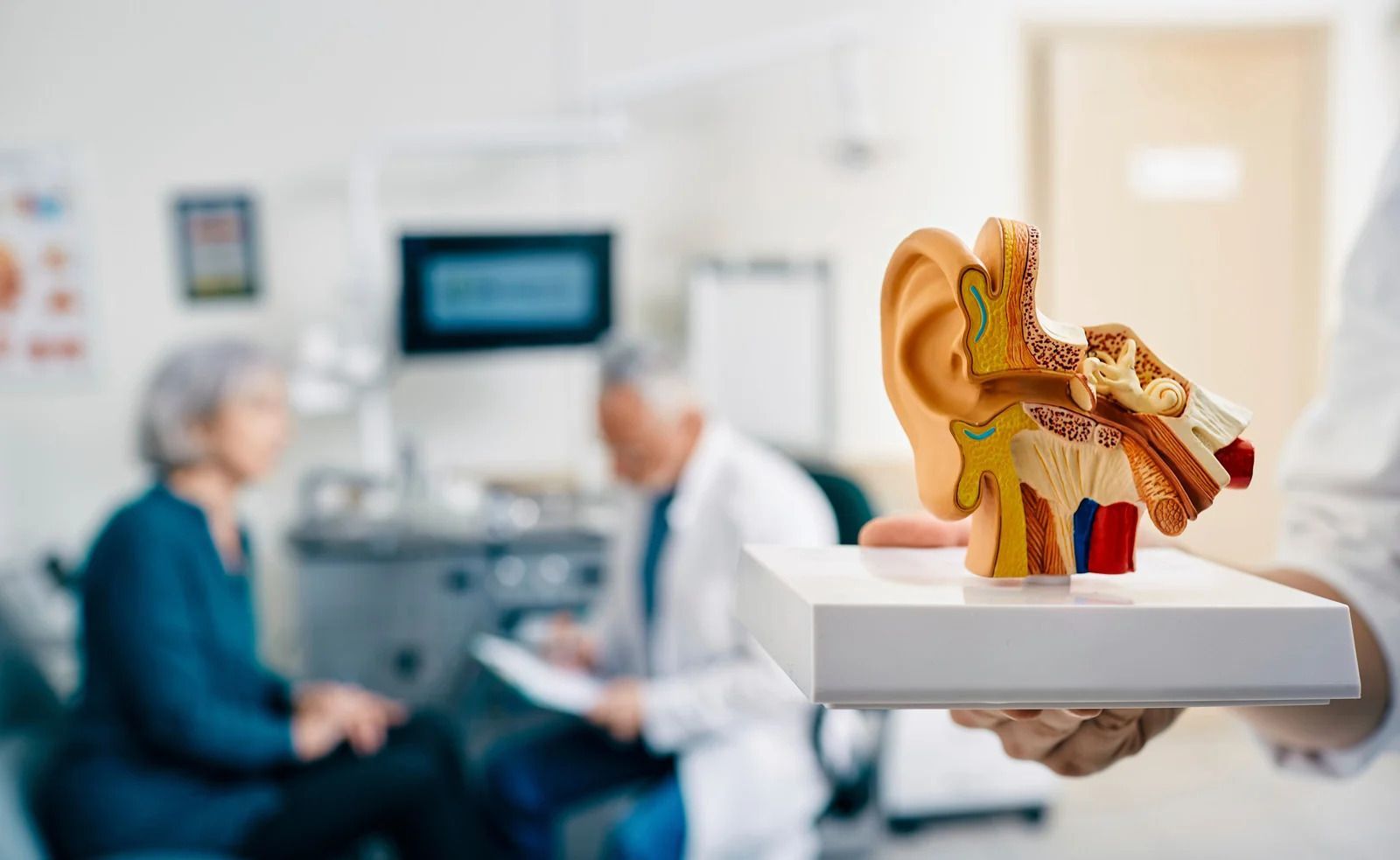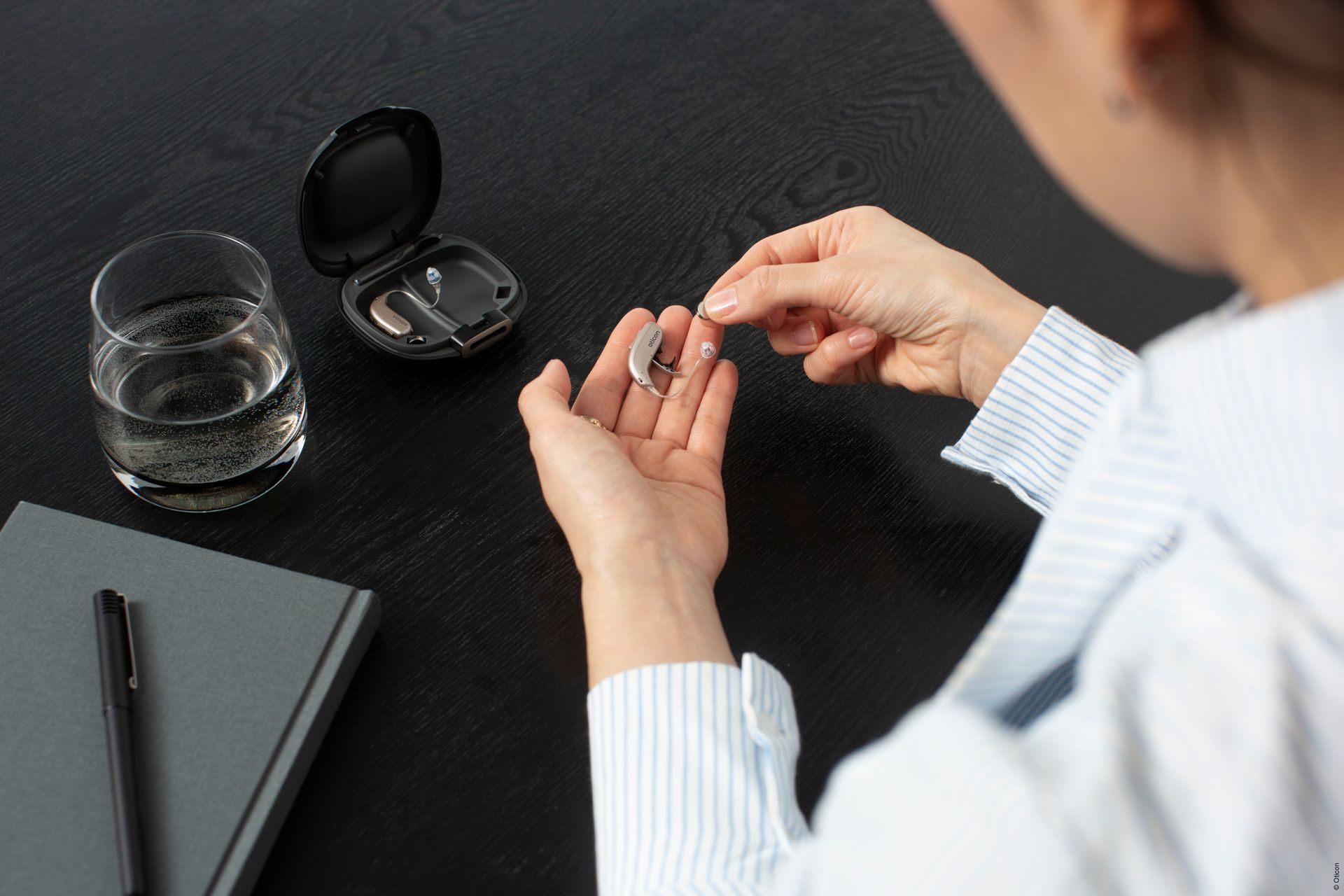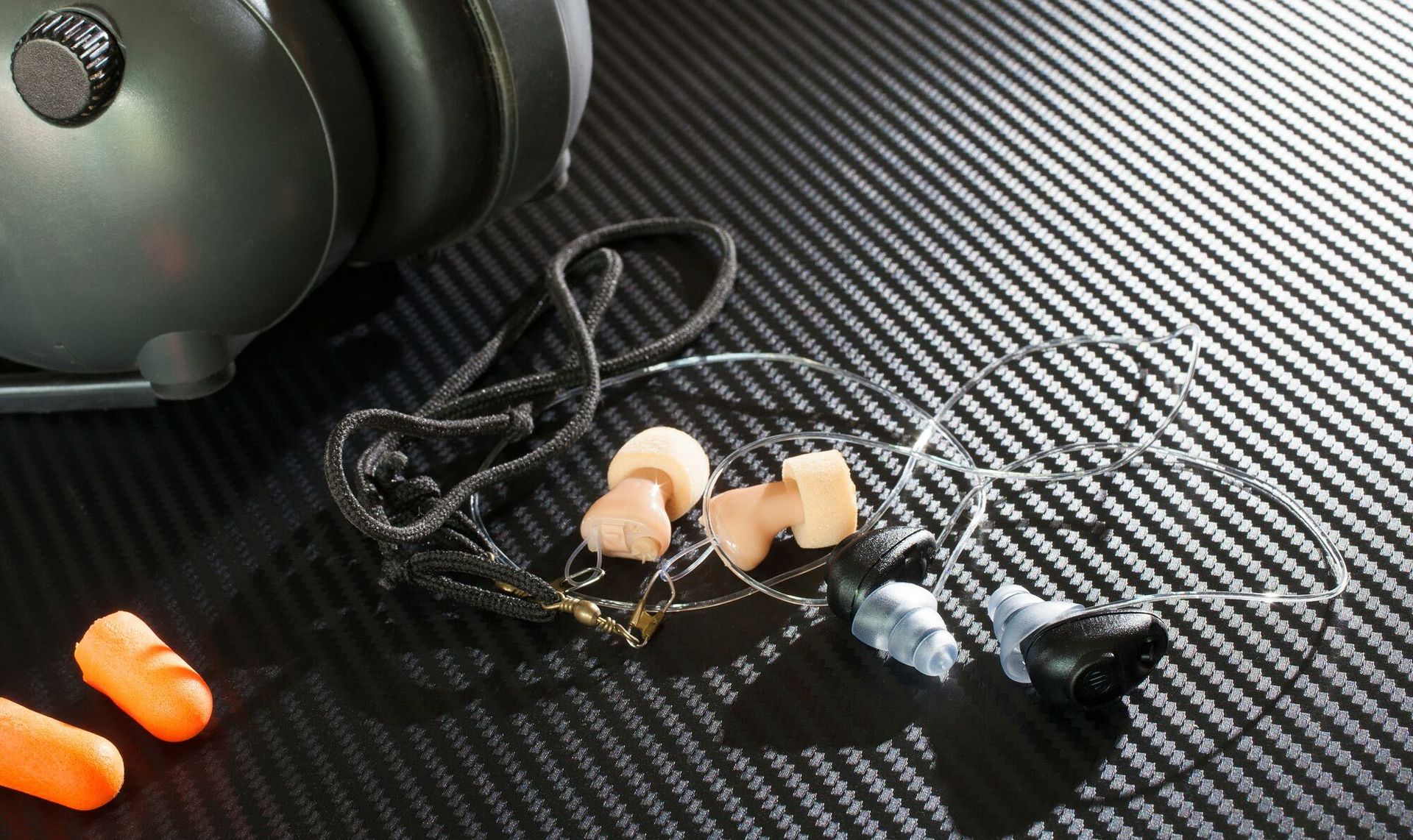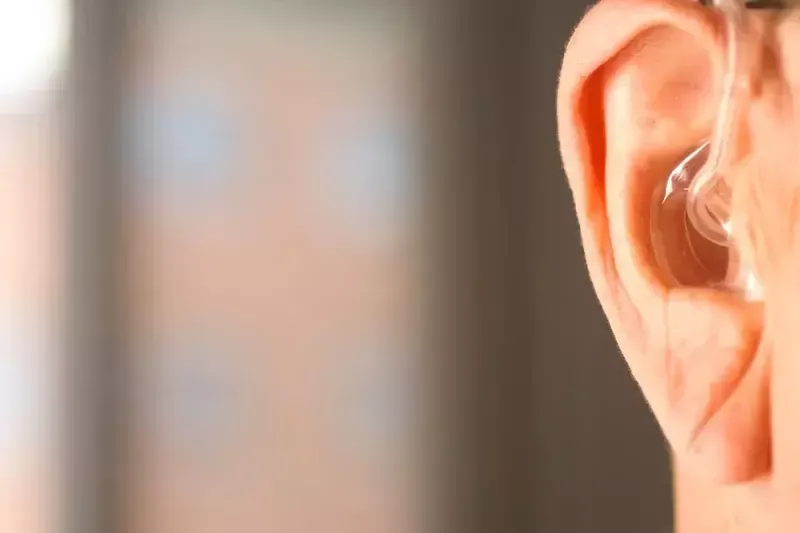Sudden Sensorineural Hearing Loss: A Medical Emergency You Can't Ignore
When it comes to audiology, there’s only one true emergency: sudden sensorineural hearing loss (SSNHL).
Unlike gradual hearing loss that develops over years, SSNHL appears abruptly and requires immediate medical attention. Audiology First specializes in rapid emergency hearing care, with diagnostic protocols and treatment pathways designed to act fast when every hour matters.
Quick intervention can mean the difference between full recovery and permanent hearing damage. Let’s learn how to recognize warning signs and understand what a treatment plan would look like.
Understanding Sudden Sensorineural Hearing Loss
Definition and Criteria
To an Audiologist, sudden sensorineural hearing loss is defined as a 30+ dB hearing loss (which in layman's terms would be a very noticeable change) across three different pitches of hearing within 72 hours. For it to be a true sudden sensorineural loss, it cannot be related to anything else, like wax blockage, fluid buildup or a blockage. It happens without warning and is often mistaken for a minor issue like earwax buildup or fluid in the ear, but the stakes are often much higher.
Prevalence and Demographics
SSNHL affects about 5 to 20 per 100,000 people annually, with thousands of cases reported across Canada. While it can strike at any age, adults in their 40s and 50s are more commonly affected.
Unilateral vs. Bilateral
Most cases are unilateral (one ear), but in rare circumstances, hearing loss can affect both ears. Bilateral cases are especially urgent and may point to underlying systemic or autoimmune conditions.
Associated Symptoms
Patients often experience additional warning signs such as tinnitus (ringing in the ears), dizziness, or a sensation of fullness in the affected ear.
Audiology First’s Emergency Assessment
Our clinic prioritizes same-day evaluations, including audiometric testing and immediate physician referral when needed. By identifying SSNHL quickly, we aim to maximize the window for effective treatment and recovery.
Remember that hearing care centers like Audiology First cannot treat sudden loss, but play a role in identifying it. If you cannot see an audiologist or another trained hearing care professional right away, you should not delay seeking medical help from a physician.
If same day testing is not available, you should continue to seek help as a matter of urgency. We recommend using one or more of the following resources:
- Call Alberta Healthlink on 311
- Visit an Urgent Care center
- Visit your local Emergency Room or
- Call a local Ear Nose and Throat specialist’s office
Recognizing the Warning Signs
Immediate Symptoms
The hallmark sign is sudden hearing loss in one ear, which may feel like muffled sounds or difficulty understanding speech.
Secondary Indicators
Other red flags include persistent tinnitus, balance issues, and ear pressure that can accompany the hearing loss.
When to Seek Emergency Care
Time is of the essence. Some research shows that treatment is most effective when started within the first 72 hours. While some people’s hearing may recover spontaneously with or without treatment, delaying medical attention can lead to permanent hearing impairment. In some cases, hearing does not recover, even with prompt treatment.
If you are experiencing dizziness at the same time as a hearing loss, do not drive yourself to seek help, but consider getting someone to drive you to any immediate appointments.
Self-Assessment Techniques
At home, a simple test is to cover one ear at a time when listening to a familiar sound (such as your phone or TV). If one side sounds significantly quieter or distorted, it’s an urgent signal to seek help. If you are a hearing aid user, it is important to check that your hearing aid is not blocked or malfunctioning in some way, giving the appearance of a sudden change in hearing.
Treatment Options and Protocols
Audiologists and Hearing Care Professionals cannot prescribe medications, but these are some of the options offered to people with sudden loss when they visit a medical professional.
Corticosteroid Therapy
The primary treatment for SSNHL is corticosteroids, delivered either orally or through intratympanic injections. These reduce inflammation and improve the likelihood of hearing recovery. Prednisone is often prescribed.
Treatment Timing
Prompt treatment is crucial. Patients who start therapy within 14 days of onset have significantly better outcomes.
Hyperbaric Oxygen Therapy
For patients who don’t respond to steroids, hyperbaric oxygen therapy can serve as a salvage treatment, improving oxygen delivery to the inner ear.
Supportive Care
Managing related issues like tinnitus or dizziness may require additional therapies, including hearing aids or vestibular rehabilitation.
Audiology First’s Treatment Approach
We have a great relationship with the local ENT specialists, and coordinate all aspects of care with them to ensure each patient has access to the best possible recovery options.
Recovery and Rehabilitation
Recovery Timelines: Recovery can range from a few days to several months, depending on the severity and speed of treatment. Some patients regain full hearing, while others experience only partial improvement.
Hearing Aid Considerations: For those with lasting deficits, modern hearing aids can provide amplification and restore communication confidence.
Tinnitus Management: Persistent ringing in the ears is often a consequence of hearing loss that can be managed through sound therapy, well fitted hearing aids, counseling, and tinnitus retraining techniques.
Follow-up Care: You should return to the clinic for a series of routine follow up tests over the weeks and months following a sudden hearing loss. This allows us to measure whether treatments have been successful, and to treat any residual hearing loss.
Audiology First’s Rehabilitation Services
For those who need it, Our team provides comprehensive recovery support, including custom hearing aid fittings, counseling, and personalized rehabilitation plans.
Prevention and Risk Factors
Known Risk Factors
Sudden Sensorineural Hearing Loss has been linked to the following:
- Viral infections
- Autoimmune disorders
- Circulatory problems
- Certain medications
- Age-related vulnerabilities
Protective Measures
Protecting your hearing from loud noise, avoiding ototoxic medications when possible, and treating systemic health issues can lower risk.
Early Detection
Baseline hearing tests and regular audiology check-ups can help detect changes early and establish a benchmark for comparison.
Lifestyle Factors
It is difficult to note which factors may reduce the risk of sudden sensorineural hearing loss, but a healthy lifestyle—including balanced nutrition, exercise, and cardiovascular health—supports long-term hearing preservation.
Audiology First’s Prevention Programs
We provide preventive screenings, personalized risk assessments, and educational resources so patients can take proactive steps toward protecting their hearing health.
Sudden Sensorineural Hearing Loss is not a typical hearing problem…it’s a medical emergency.
If you or someone you know experiences sudden hearing loss, don’t wait, contact Audiology First immediately during business hours, or contact any other trusted hearing care clinic. If you cannot reach us, please seek immediate medical attention.
Book your hearing evaluation today and take the first proactive step in protecting your long-term hearing health.

